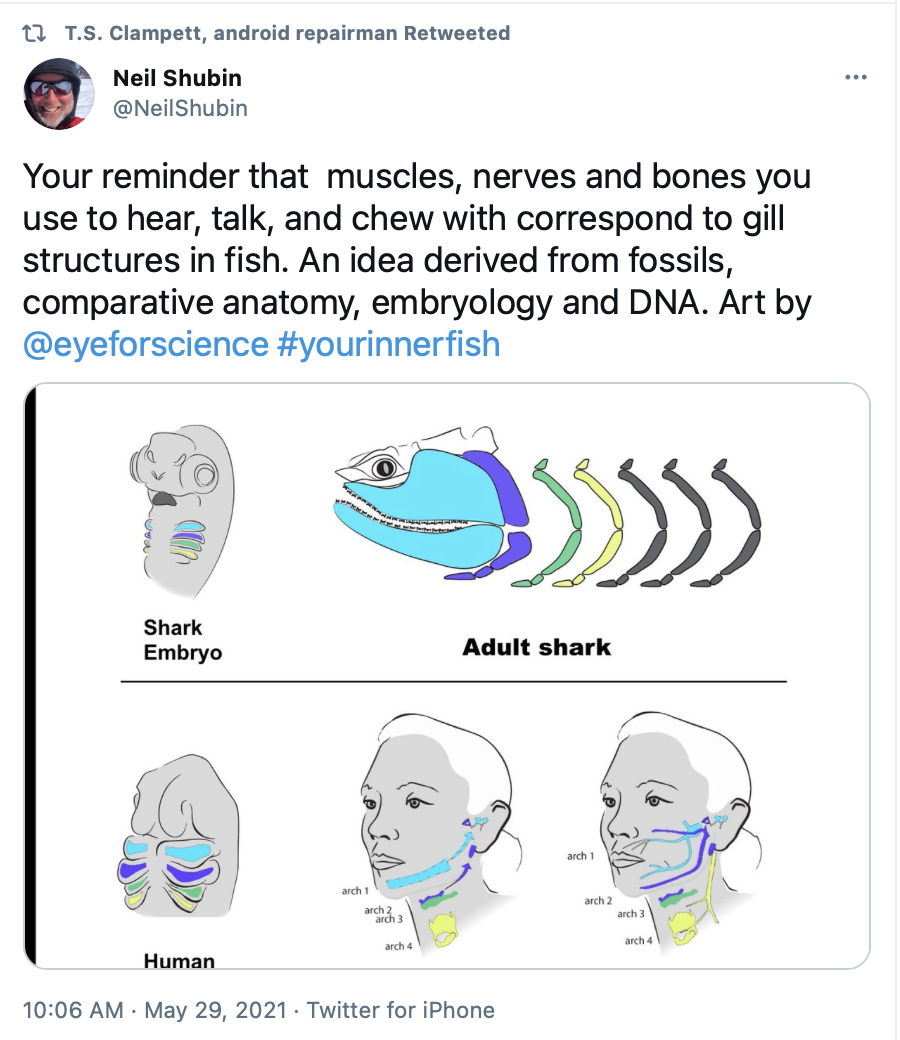How Serious are you about “Follow the Science”?
Sometimes science hurts. Are you really willing to follow the science? Here is a bellwether test from Geoffrey Miller:
Here's the evidence for the blank slate crowd: "Genetic variation, brain, and intelligence differences," Molecular Psychiatry, February 2021.
Twin and family studies report that genetic differences are associated with individual differences in intelligence test scores (Box 2). If studies from all ages are taken together, genetic differences account for about 50% (standard error [SE] about 2%) of the variation in intelligence [24]. Higher heritability (see Glossary) estimates are found in samples of adults (where it can be 70% or slightly more) than in children (where estimates as low as 20–30% have been reported) [24,25,26,27]. The finding that intelligence is heritable has been replicated across multiple data sets sourced from different countries and times [28]. Our emphasis herein is on results from the newer, DNA-based studies rather than on traditional twin and family studies.
DNA-based studies have shown that a pattern of hierarchical variance is evident at the genetic as well as the phenotypic level. Using genomic structural equation modelling [29] it was found that a genetic general factor explained, on average, 58.4% (SE = 4.8%, ranging from 9 to 95% for individual tests) of the genetic variance across seven cognitive tests in people with European ancestry. This provides some support for the idea that the phenotypic structure of intelligence is in part due to genetic effects that act on a general factor of intelligence and also at more specific cognitive levels.


